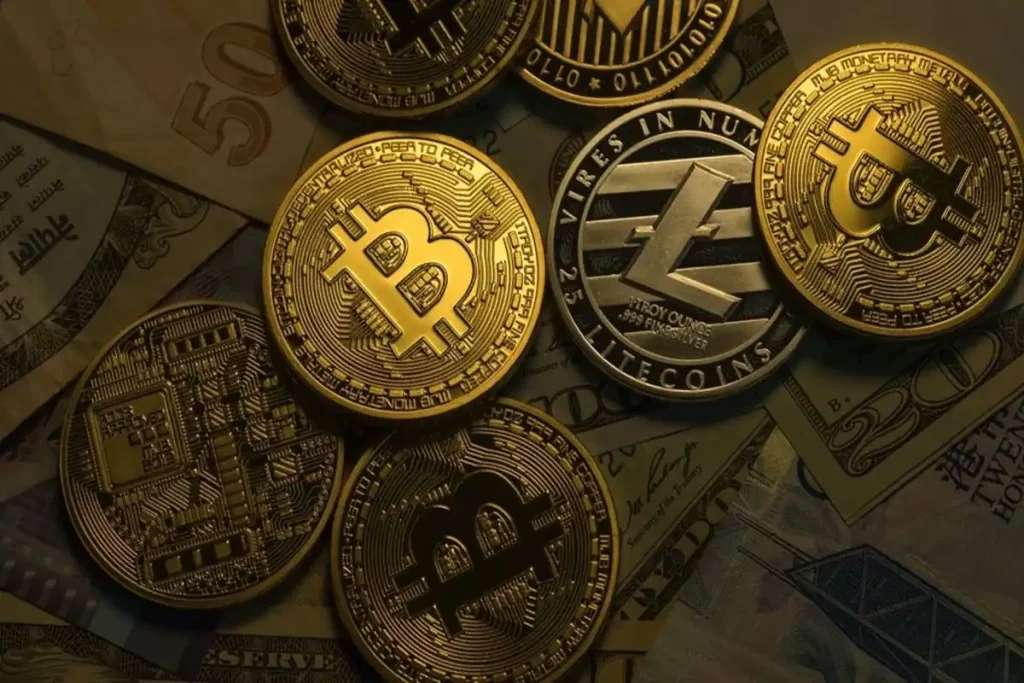Tax preparation requires specialist knowledge of complex tax issues, guaranteeing precision and adherence to the latest rules. When outsourcing these tasks, firms gain access to expertise that can be more valuable than maintaining an internal tax team.
Outsourcing can help businesses recognize and mitigate risks that may be overlooked by an “out-of-sight, out-of-mind” mentality in financial reporting, compliance, or tax planning. This can be especially useful during peak season.
Complex Tax Challenges
Keeping up with shifting tax regulations is difficult for businesses without a dedicated team. With each change comes a new set of forms, schedules, attachments, deductions, credits, and exemptions. This can be overwhelming, especially during peak season when filings increase. Outsourcing allows firms to free up valuable resources to focus on client engagement and growth.
However, it’s important to choose a reliable and experienced service provider. They should be familiar with your industry and the local and federal filing requirements. They should also understand your business operations, goals, and needs. A good outsourcing partner will also be able to provide you with reports and updates on the status of your files.
Moreover, outsourced specialists can identify opportunities for tax savings. They can also ensure that tax considerations are considered in financial forecasting and planning, which reduces the risk of costly errors and non-compliance. Outsourcing can also help improve data management and streamline processes through technology. Firms can use data integration tools to automate manual tasks and eliminate the need to manually transform data or open spreadsheets for each provision. This can dramatically improve productivity, efficiency, and reduce risks of errors. Lastly, outsourcing can save on operational costs such as wages, insurance, and office space. This can be particularly beneficial for small to mid-size firms.
Tax Compliance Solutions
Tax compliance is complex and requires expert-level knowledge of local, state, and federal rules and regulations. It’s also a time-consuming, manual process that can often be prone to errors and oversights. Outsourcing your tax function to an external partner can help you streamline and automate processes, reduce risks, and eliminate costly human errors.
Tax outsourcing can help you improve efficiency, reduce costs and risk, and support business growth. However, it’s important to find a trusted provider who understands your unique needs and is committed to delivering quality work and outstanding customer service. Look for a company that offers clear communication channels, a collaborative workflow, and transparent project management.
Choosing the right partner can make all the difference in meeting your tax compliance and accounting requirements. In today’s complex environment, it’s not just direct taxation from profits, revenue and wealth that matters – governments are increasingly focused on indirect taxes like transactions, distribution, and production. Indirect taxation demands new levels of governance, accountability and transparency for compliance.
A reliable and trustworthy tax preparation service provider can provide peace of mind by helping you manage your tax compliance obligations. They’ll ensure you’re paying the correct tax amounts, complying with the law, and reducing the likelihood of audits and fines. They’ll also implement risk-mitigation strategies to protect sensitive financial data.
Cross-Border Taxation
As businesses expand globally, the need to understand cross-border taxation becomes increasingly important. Different countries have varying laws regarding taxes on income, sales, and transactions, creating an intricate web of regulations that businesses must navigate to ensure compliance. Outsourcing income tax preparation services can help firms focus on higher-margin consulting and advisory services while minimizing the risk of costly errors or compliance issues.
Effective planning is critical for cross-border taxation, and outsourcing can provide valuable support. This may include identifying opportunities for tax credits, deductions, and incentives that in-house teams might overlook, as well as structuring global operations to maximise benefits of a country’s tax regime. It also involves establishing locations for new branches or subsidiaries based on the availability of favourable tax treaties or lower tax rates.
Outsourcing tax services can also reduce the burden of monitoring constantly evolving local and international tax rules. Skilled professionals know how to spot potential problems and provide timely advice, reducing the risk of fines or penalties from government agencies. Outsourcing firms are also able to leverage advanced technology that streamlines and automates processes, further minimizing the risk of errors or compliance issues. However, payroll staffing entrusting sensitive financial information to third-party service providers raises data security concerns and can erode trust among clients and stakeholders. It’s therefore essential to implement robust policies and practices to protect the integrity of data and comply with applicable privacy regulations.
Tax Risk Management
Tax risk management is a critical aspect of maintaining compliance with federal, state, and local laws. When a company does not properly manage its tax risks, it may face costly fines or legal penalties. This could be due to errors in calculations, failure to file returns, or not adhering to applicable rules. Additionally, companies may lose reputational value due to tax controversies or aggressive tax planning.
Having a tax team with the right expertise can help mitigate these risks and reduce costly mistakes. However, a business should also focus on developing an internal tax culture that prioritizes the importance of owning tax data and having clear oversight of tax processes. This includes implementing robust tax governance and risk frameworks that improve compliance, control and assurance and tax resilience.
It is important for C-Suite and Board members to have an intuitive understanding of the company’s tax model, strategy, and risk appetite, especially when a firm has international transfer pricing issues. In addition, a tax risk policy should be integrated with the overall business risk management framework to ensure that the tax team is aligned with the company’s policies.
Tax experts should be familiar with the latest tax laws and regulations. They can provide valuable insights and guidance in developing comprehensive, effective strategies that minimize tax liabilities and protect businesses’ reputations.








